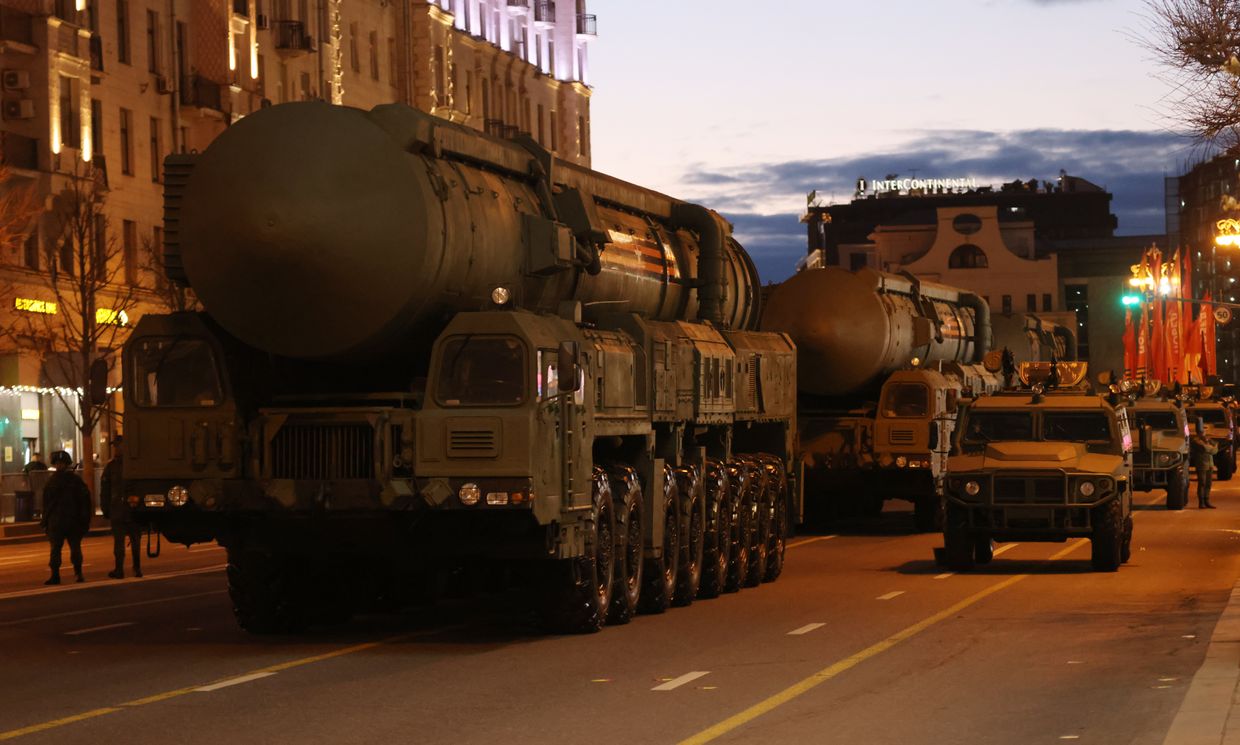Russia preparing strikes against Ukrainian nuclear facilities ahead of winter, Foreign Minister says

Moscow is preparing to carry out strikes against Ukrainian nuclear facilities ahead of winter, Ukraine's Foreign Minister Andrii Sybiha said on Sept. 21, citing Kyiv's intelligence data.
The possible targets include open distribution devices at nuclear power plants and transmission substations, "which are essential for the safe functioning of the nuclear energy system," according to Sybiha.
"Damage to these facilities would create a high risk of a nuclear incident that will have global consequences," Sybiha said in a statement published on social media.
Ukraine's special services informed Kyiv's partners and the International Atomic Energy Agency (IAEA) about the possible threat.
"Russia is the only country that seized a nuclear power plant in Europe, blackmailing the world," added the minister.
"The Ukrainian peace formula contains a clause on ensuring radiation and nuclear safety. We call on all international organizations and states that respect the U.N. Charter to prevent the scenario of the terrorist country."
The Zaporizhzhia Nuclear Power Plant, Europe's largest nuclear power station, has been under Russian occupation since March 2022. Its position near the front line has led to heightened nuclear safety risks throughout Russia's full-scale war.
Ukraine's National Resistance Center reported on Sept. 15 that Russian forces continued to use the territory of the occupied power plant to deploy military personnel and store ammunition and explosives and criticized the IAEA for supposedly ignoring the fact.
In his Sept. 21 statement, Sybiha thanked the IAEA for agreeing to expand its missions at several energy facilities in Ukraine and called on the agency to implement the decision as quickly as possible.
The Ukrainian power grid has been heavily damaged during Russian aerial attacks, and it remains unclear how much of the infrastructure can be repaired before the temperatures drop.
Energy deficits necessitated rolling blackouts during the summer and autumn, with some officials warning that Ukrainians may have electricity for 6-7 hours per day in the upcoming winter.















